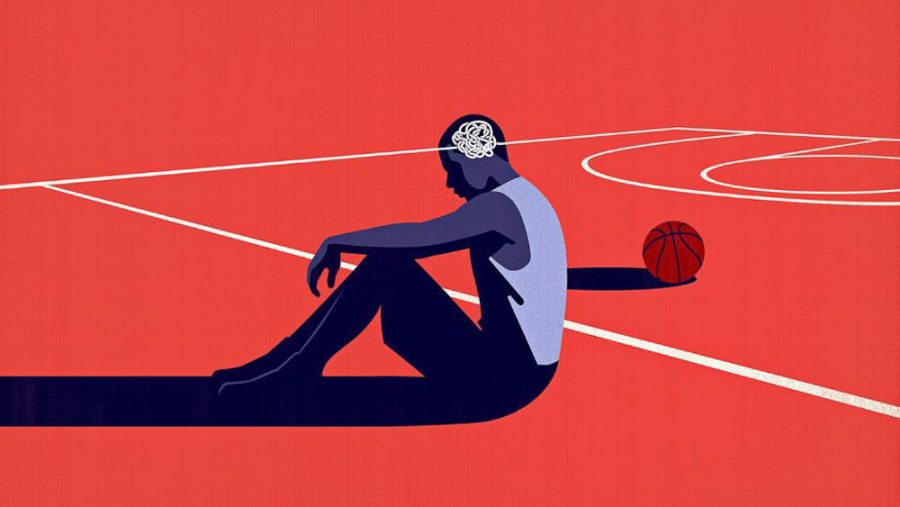The Pressure Cooker: A Deep Dive into Student-Athlete Mental Health

The life of a collegiate athlete is a high-wire act, balancing the demands of a full-time academic schedule, a rigorous training and competition regimen, and the social pressures of being a young adult. While the physical toll is often obvious, the silent and often invisible struggle with mental health goes largely unacknowledged. The notion of “mental toughness” has long been a core tenet of sports, but it has created a culture where vulnerability is seen as a weakness, making it incredibly difficult for athletes to seek help when they are struggling.
The conversation around mental health in athletics was amplified on a global scale by two high-profile figures: gymnast Simone Biles and tennis star Naomi Osaka. Biles’s decision to withdraw from the Tokyo Olympics in 2021 due to mental health issues was a watershed moment, sparking a worldwide discussion about the immense pressure elite athletes face. Just weeks before, Osaka had made a similar statement by refusing to participate in press conferences at the French Open. These actions brought to light the fact that even at the pinnacle of their sports, athletes are human, and the stress can be overwhelming.
This reality is just as prevalent, if not more so, for college athletes. A study found that while 33% of all college students face serious mental health struggles, only 10% of those student-athletes seek help. This reluctance to get assistance is often tied to the fear of being perceived as “weak.” The demanding schedule of a Division 1 athlete also contributes to the problem, with many reporting a chronic lack of sleep, which is linked to a greater risk of depression and anxiety.
At Duke University, a recent study revealed a campus-wide mental health crisis, with over 40% of students, faculty, and staff reporting a risk of moderate depression and 25% at risk of severe depression. Unfortunately, this study did not differentiate between the general student body and student-athletes, leaving a gap in understanding their specific challenges. However, the experiences of Duke athletes themselves paint a clear picture.
Players from the Duke football team described a disconnect, stating that their mental health has never felt like a priority. One player recounted a “half-assed effort” to address the issue, where a team psychiatrist held a Zoom meeting with athletes in breakout rooms, but no one felt comfortable speaking up. Another football player expressed the immense pressure to be the best on the field and in the classroom, all while constantly being reminded that they had a “job to do.” A track and field athlete revealed that being a student-athlete at Duke has made them question their self-worth.
The issue is especially pronounced for athletes dealing with injuries. A women’s field hockey player shared that after six years and eight major injuries, the emotional and physical battles of recovery have become more of her identity than being an athlete. She explained how people invalidate the emotional trauma of injuries because they aren’t visible scars, but for athletes whose identity is tied to their sport, an injury can be a source of fear and feeling “entirely lost.”
A survey of Duke athletes revealed their suggestions for improvement, including: more accessible resources, less pressure from coaches, mental health check-ups, and an environment where they feel comfortable talking about their struggles. They emphasized the importance of supportive teammates and coaches, and the need to be able to “fight through it” rather than sacrificing their mental well-being for “mental toughness.”
Duke’s athletic program prides itself on its commitment to student health, but despite winning the Healthy Campus Award in 2018, a large portion of its student body still feels unsupported. The experiences of its athletes underscore the urgent need for a more proactive and tailored approach to mental health support. As collegiate athletics increasingly resemble small franchises, with athletes facing professional-level pressures, it is time for Duke to dedicate more resources and break down the stigma surrounding mental health to ensure their athletes are not just surviving, but thriving.

